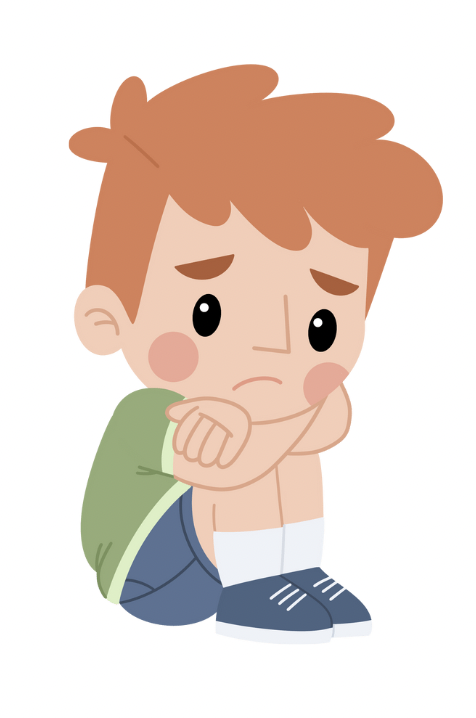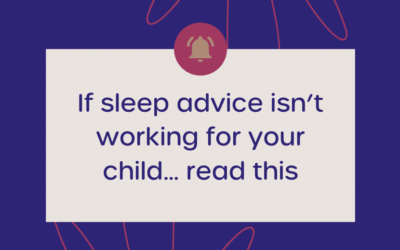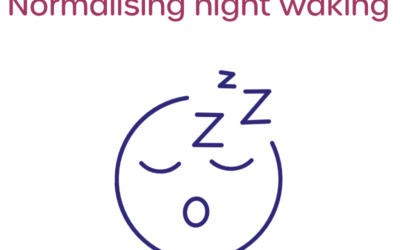September arrives with a sense of new beginnings. For many families it marks the return of routines, the start of school for some children, and a shift away from the slower pace of summer. Parents often look forward to the predictability of term time, yet the reality can bring its own challenges. One of the most common struggles at this time of year is the after school meltdowns.
If your child comes home and bursts into tears, shouts, refuses to cooperate or withdraws into silence, you are not alone. This phenomenon is so common that it has a name: after school restraint collapse. Children who seem fine at school can appear to unravel the moment they are safely back with you. It is confusing, frustrating and exhausting. Yet once we understand why it happens, we can respond with more calm and compassion.
Why Children Hold It Together Then Fall Apart
Understanding why kids fall apart after school can help parents better navigate these emotional moments and implement effective strategies for when they experience why kids fall apart after school.
At school or nursery children spend hours following rules, listening to instructions, sharing with others, waiting their turn and managing their feelings. This is hard work for young brains and bodies. Even older children and teenagers are using a huge amount of emotional energy to regulate themselves through lessons, social dynamics and the constant expectations placed upon them.
The reality is that many parents are left wondering why kids fall apart after school, and recognising these patterns can lead to healthier after-school experiences.
When they walk back through your door they are finally safe. You are their secure base. That safety means they no longer have to hold it all in. The tears, the anger, the silliness or the clinginess are simply the release of all the tension they have stored up through the day. It may feel unfair that you get the brunt of it, but in many ways it is a backhanded compliment. Your child trusts you enough to let go.
Signs of After School Restraint Collapse
Meltdowns do not look the same in every child. Some explode loudly while others shut down quietly. You might notice:
- Tearfulness or irritability over the smallest things
- Clinginess and refusal to leave your side
- Shouting, hitting, throwing or aggressive play
- Complaints of hunger, tummy aches or headaches
- Refusal to talk about their day
- Extreme tiredness, zoning out or retreating to their room
Whatever the form, it is not evidence that your child is naughty or ungrateful. It is evidence that they are overwhelmed.
Calming the After School Transition
The period between pick up and bedtime is often the hardest part of the day for families. Here are some simple strategies that can help.
Offer Food and Drink First
Children burn enormous energy during the day. Low blood sugar makes it almost impossible for them to regulate emotions. Greeting them with a healthy snack and water before diving into questions or homework can prevent many meltdowns.
Connection Before Conversation
Parents often long to hear how the school day went, but bombarding a tired child with questions rarely works. A cuddle, a silly game or simply sitting together quietly can ease the transition. Save detailed chats for later in the evening or even the next morning.
Keep Evenings Low Key
Where possible, keep after school schedules light. Simple meals, predictable routines and earlier bedtimes help children recharge. If activities are unavoidable, try to build in calm time afterwards.
Use Predictable Rituals
Children thrive on knowing what to expect. Small rituals, such as a story after tea, a short walk, or a favourite song in the car, signal that school is over and home has begun. These rituals do not need to be elaborate. Their power lies in their consistency.
Even with all the right strategies, meltdowns will still happen. Go into the afternoon expecting them rather than fearing them. Remind yourself that this behaviour is not rejection. It is release.
Supporting Your Child Through Meltdowns
When the storm arrives, your response matters more than the behaviour itself.
- Stay close and calm. Your presence communicates safety.
- Acknowledge feelings: “You had such a big day. It feels hard right now.”
- Hold limits gently: “I will not let you hit. I am here to keep you safe.”
- Offer comfort when they are ready. Some children want cuddles immediately. Others need to rage first and then seek connection.
The goal is not to stop the meltdown but to guide your child through it and show them they can survive intense emotions with your support. Over time this builds resilience.
Looking After Your Own Calm
Supporting a child through repeated after school meltdowns can be draining. Your nervous system matters too. When you feel triggered, overwhelmed or exhausted, it is almost impossible to stay patient.
Some small resets for you might include:
- A few deep breaths before opening the classroom door
- Having your own drink or snack ready for the car or walk home
- Stepping outside for two minutes of fresh air while your child is safe
- Texting a friend or fellow parent to share the load of the moment
Most importantly, remind yourself: This is not a reflection of your parenting. It is a reflection of your child’s effort and exhaustion. You are their safe harbour.
Final Thoughts
Back to school wobbles are not easy. It can be discouraging to feel that your child saves their worst behaviour for you. Yet this is actually a sign of trust. They know that with you they can be real. They do not need to pretend or hold it together any longer.
By offering food, keeping evenings calm, creating small rituals and preparing yourself for big feelings, you can ease this tricky transition. And by tending to your own calm, you can model the very regulation your child is still learning. Check out the NHS website for more advice on your child’s mental health here – https://www.nhs.uk/mental-health/children-and-young-adults/mental-health-support/
You Do Not Have to Do This Alone
If after school meltdowns, bedtime battles or big emotions are wearing you down, support is available. Inside The Nest this week we are focusing on behaviour and boundaries. You will find free scripts, calming tools and real life strategies that work with children’s biology rather than against it.
You can join for just £1 and see how different parenting feels when you have expert guidance and a supportive community in your pocket.https://essentialparenting.co.uk/parenting-support/







0 Comments